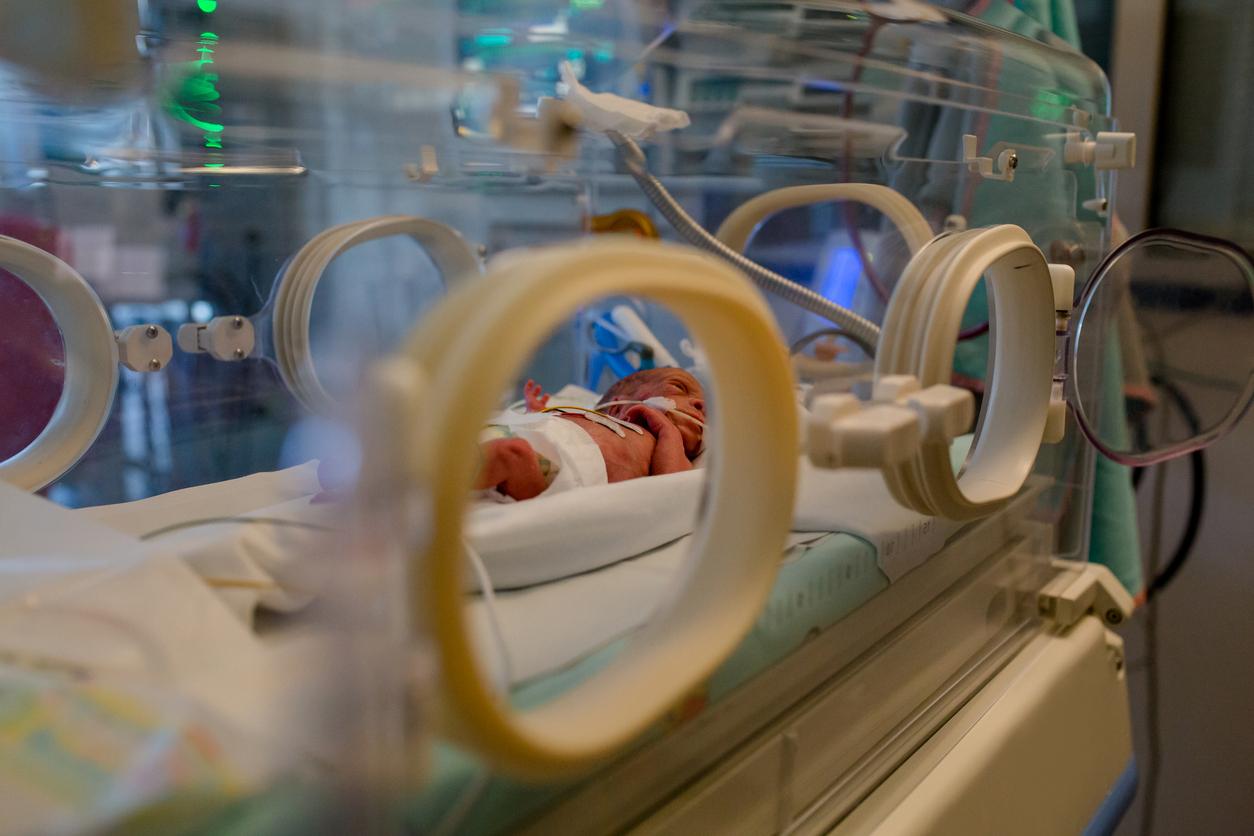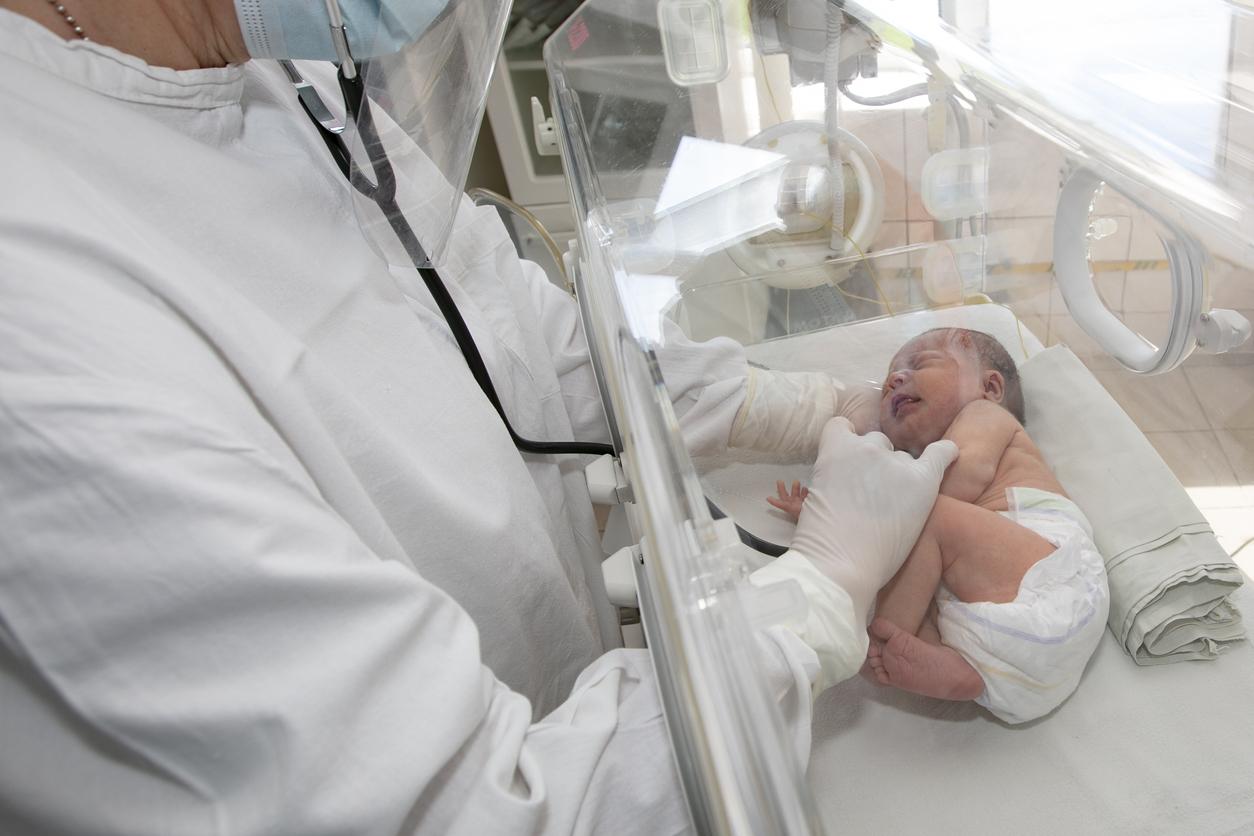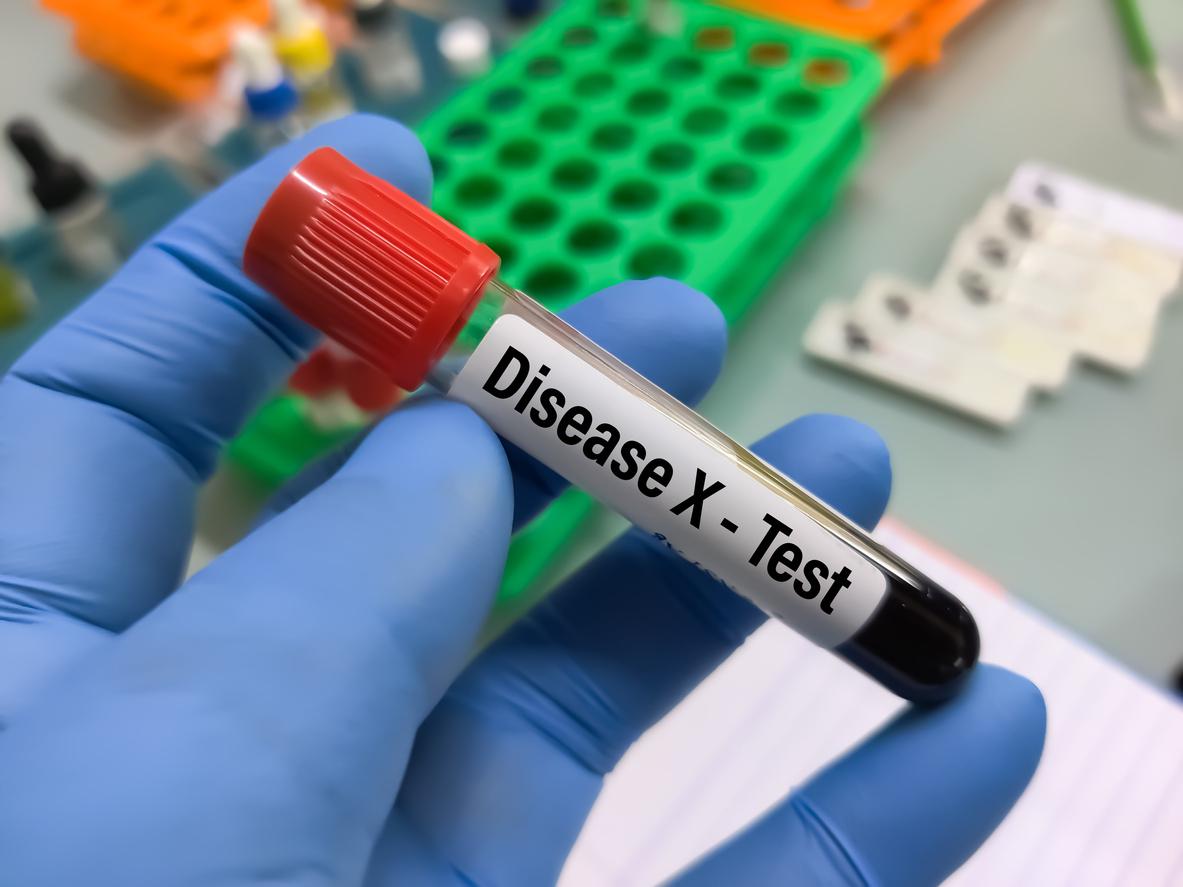The premature newborns may suffer fromnecrotizing enterocolitis, a disease characterized by destruction of the tissues and lining of the intestine (necrosis) which can lead to death.
The cause of necrotizing enterocolitis: a failing protein
A team of researchers from John-Hopkins University in Baltimore (United States) looked into this disease and found the cause: the failure of a protein (TLR4), supposed to regulate the immune response to bacteria .
In premature babies, when confronted with bacteria, the protein interrupts the oxygen supply to the intestines and results in tissue destruction.
Breast milk, a key in the treatment of necrotizing enterocolitis
According to the conclusions of their study published on April 22, 2015 in the journal Mucosal Immunology, the pathology could be prevented thanks tofeeding with milk. Rich in epidermal growth factor (EGF), breast milk indeed blocks the action of the TLR4 protein.
In their experiments with premature mice, the scientists exposed immature intestinal cells to bacteria that trigger necrotizing enterocolitis. As a result, rodents given breast milk had lower TLR4 levels and a lower risk of developing the disease.
Cure Bowel Disease Through Breastfeeding?
Another discovery: breast milk would reduce the intensity of symptoms of necrotizing enterocolitis in affected babies. “EGF prevents intestinal cells from dying and restores cell growth which promotes healing of the intestines,” concludes Dr. Misty Good, co-author of the study.
Taken as a preventive treatment, the breastmilk could prevent premature babies from contracting this disease but also sick patients from getting better faster.
In Europe, necrotizing enterocolitis affects 3 to 5% of premature newborns.
Read also :
– Unusual: a breast milk bar in Japan
– Breastfeeding: breast milk rich in 700 good bacteria


















